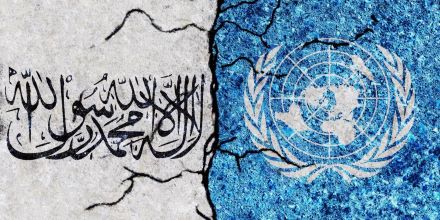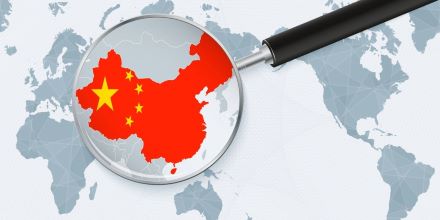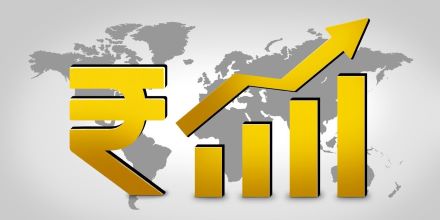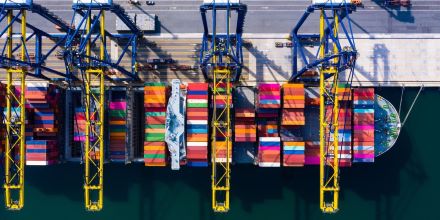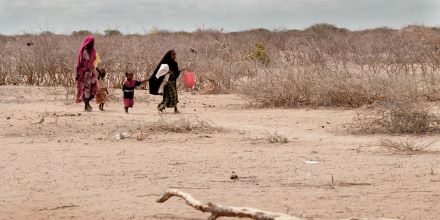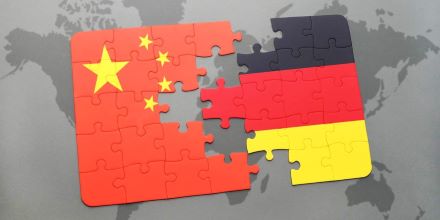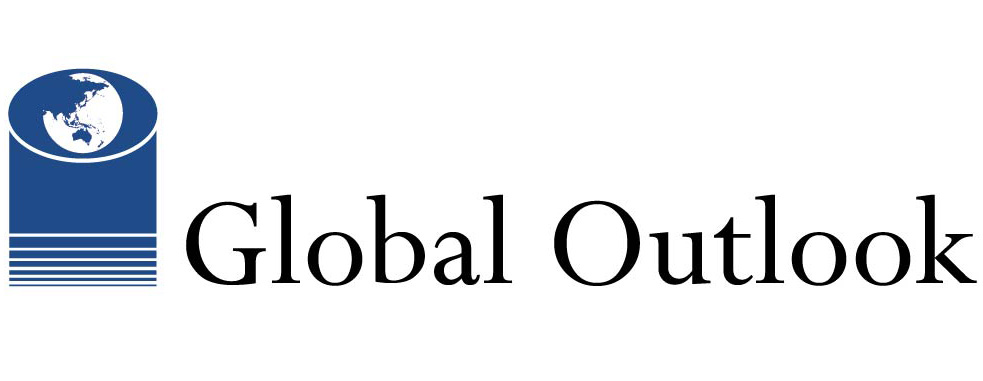
Curated expert opinion on intractable contemporary issues
Global Outlook: Contemporary Peace Research and Practice
The Unholy Alliance of Orientalism, Ethnocentrism, Misogynism, and Terrorism, Part II: Five False Narratives of Orientalist Taliban Apologists
By Bashir Mobasher | 20 July, 2023
A new set of Orientalist narratives are deliberately romanticising the Taliban as the natural rulers of Afghanistan. This is a dangerous and flawed strategy emerging in at least five false narratives about the Afghan society and the Taliban.
Implications of the Fraying of the Liberal International Order for Policy Oriented Research
By Ramesh Thakur
| 18 March, 2023
International politics is the struggle for the dominant normative architecture of world order based on the interlay of power, economic weight and ideas for the good international society. For several decades now wealth and power have been shifting from the west to the east and produced a rebalancing of the world order.
At the Global Top Table. Will 2023 Be India's Year?
By Herbert Wulf | 18 January, 2023
Three developments contribute to the fact that 2023 could indeed become India's global political year: India's chairmanship of the G20 countries, interestingly its role in the war in Ukraine, and the increasingly widespread critical view of China.
Fraught Shift From ‘Asia-Pacific’ To ‘Indo-Pacific’
By Chung-in Moon | 08 January, 2023
How to de-risk a lexical change that represents dangerous trends: fragmentation, decoupling and confrontation.
The Age of Intersecting Crises?
By Tobias Ide | 05 December, 2022
When following the news over the past three years, one might get the impression that the world is living through a permanent state of crisis. While climate change is arguably the most important challenge of our time, headlines were frequently dominated by the COVID-19 pandemic, the Russian invasion of the Ukraine, and more recently skyrocketing energy and food prices.
Strategic Dilemma: Germany in Search of an Effective China Strategy
By Herbert Wulf | 24 November, 2022
German-Chinese relations are currently being reassessed in Germany. The shock of Germany's dependence on Russian gas, coal and oil supplies has made relations with China particularly sensitive. Germany is not only highly dependent on Russian raw materials and fossil fuels but is also economically more closely interlinked with China: China ranks second in Germany's exports and number one in imports. But is it possible to reduce economic dependency at all and how far should a possible decoupling go?
The views and opinions expressed in Global Outlook are those of the authors and do not necessarily reflect the official policy or position of Toda Peace Institute.
The Unholy Alliance of Orientalism, Ethnocentrism, Misogynism, and Terrorism, Part II: Five False Narratives of Orientalist Taliban Apologists
By Bashir Mobasher | 20 July, 2023
A new set of Orientalist narratives are deliberately romanticising the Taliban as the natural rulers of Afghanistan. This is a dangerous and flawed strategy emerging in at least five false narratives about the Afghan society and the Taliban.
Implications of the Fraying of the Liberal International Order for Policy Oriented Research
By Ramesh Thakur | 18 March, 2023
International politics is the struggle for the dominant normative architecture of world order based on the interlay of power, economic weight and ideas for the good international society. For several decades now wealth and power have been shifting from the west to the east and produced a rebalancing of the world order.
At the Global Top Table. Will 2023 Be India's Year?
By Herbert Wulf | 18 January, 2023
Three developments contribute to the fact that 2023 could indeed become India's global political year: India's chairmanship of the G20 countries, interestingly its role in the war in Ukraine, and the increasingly widespread critical view of China.
Fraught Shift From ‘Asia-Pacific’ To ‘Indo-Pacific’
By Chung-in Moon | 08 January, 2023
How to de-risk a lexical change that represents dangerous trends: fragmentation, decoupling and confrontation.
The Age of Intersecting Crises?
By Tobias Ide | 05 December, 2022
When following the news over the past three years, one might get the impression that the world is living through a permanent state of crisis. While climate change is arguably the most important challenge of our time, headlines were frequently dominated by the COVID-19 pandemic, the Russian invasion of the Ukraine, and more recently skyrocketing energy and food prices.
Strategic Dilemma: Germany in Search of an Effective China Strategy
By Herbert Wulf | 24 November, 2022
German-Chinese relations are currently being reassessed in Germany. The shock of Germany's dependence on Russian gas, coal and oil supplies has made relations with China particularly sensitive. Germany is not only highly dependent on Russian raw materials and fossil fuels but is also economically more closely interlinked with China: China ranks second in Germany's exports and number one in imports. But is it possible to reduce economic dependency at all and how far should a possible decoupling go?
The views and opinions expressed in Global Outlook are those of the authors and do not necessarily reflect the official policy or position of Toda Peace Institute.
